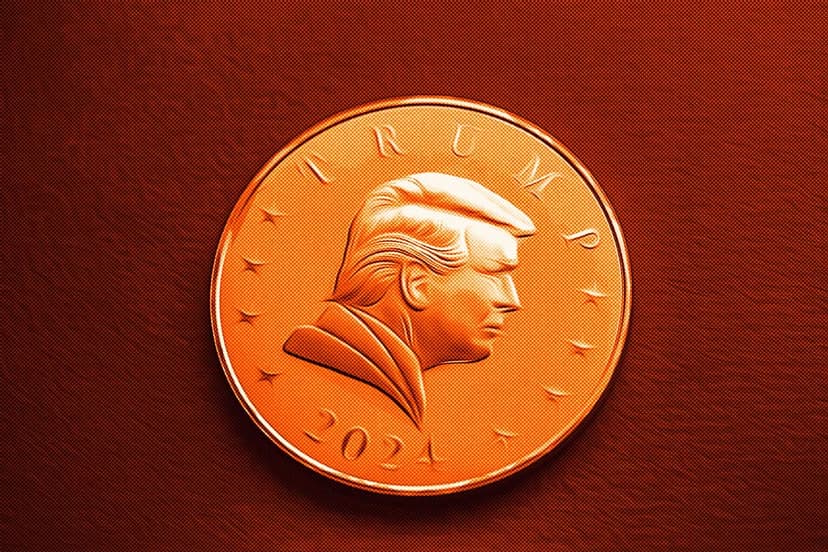Crypto 101: Everything You Need to Know Before Investing in Digital Coins

Written by
Andrew SuttonPublished: 4 April 2025
Updated: 24 April 2025
Share this article:

Written by
Andrew SuttonPublished: 4 April 2025
Updated: 24 April 2025
Share this article:

January 20, 2025